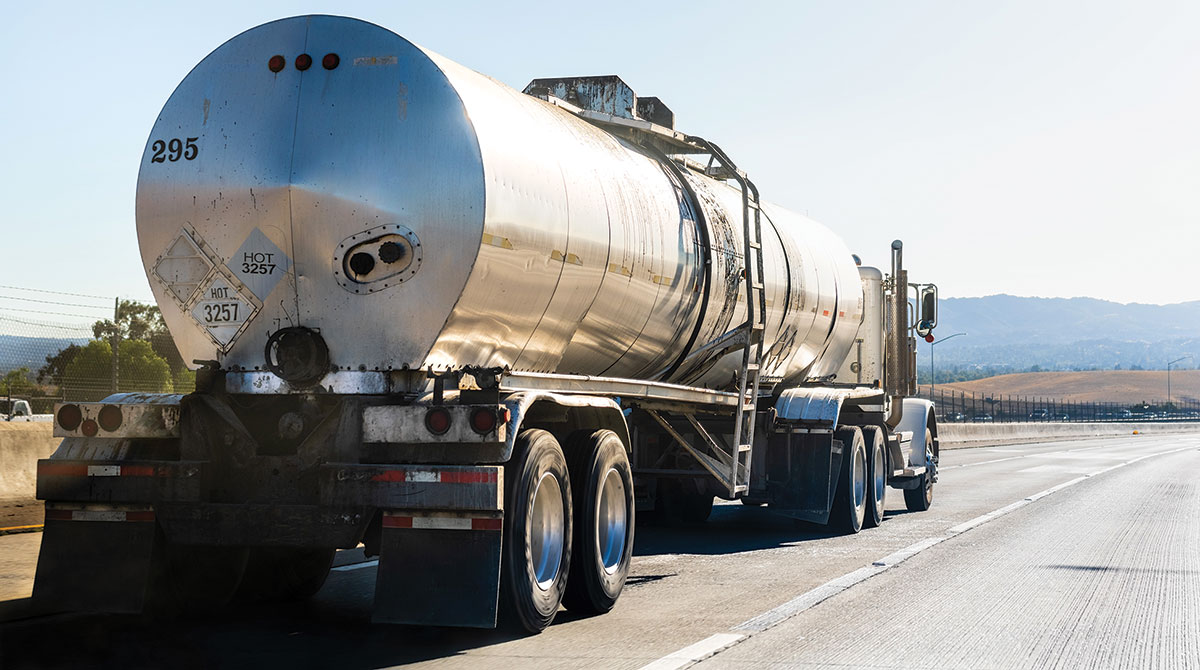Earlier emergency orders have been extended in Georgia for supply chain and oversize permits and in Nebraska for driving hours hauling fuel.
Citing the ongoing need for relief due to regional fuel shortages, acting Gov. Mike Foley signed Executive Order 22-07 on Dec. 1 temporarily authorizing drivers in Nebraska to work extended hours when transporting diesel, biodiesel, gasoline or gasoline blends, fuel oil, ethanol and propane. Gov. Pete Ricketts (who was on overseas travel Dec. 1) issued the first emergency order Nov. 1.
“By facilitating increased fuel transportation, the order will help reduce delays at petroleum product terminals in order to make fuels more readily available to consumers,” the governor’s office noted.
Expiring Dec. 31, the order states that drivers operating under the terms of the declaration must carry a copy of the proclamation as evidence of their direct support to Nebraska during the emergency period.
It stipulates that no motor carrier operating under the emergency declaration will require or allow an ill or tired driver to operate a motor vehicle. Any driver notifying a motor carrier that he/she needs immediate rest shall be given at least 10 consecutive off-duty hours before the driver is required to return to service.
Georgia Gov. Brian Kemp issued the eighth renewal Dec. 8 for both emergency orders, first issued April 14.

Kemp
Expiring Jan. 10 are an executive order declaring a state of emergency for supply chain disruptions and another suspending fuel taxes during the state of emergency.
The supply chain disruption order allows commercial vehicles to operate outside the normal weight, height and length to provide relief for supply chain disruptions on state roads under special permits issued by the state Department of Public Safety. Permits can be obtained through the DPS Motor Carrier Compliance Division or online at .
If a vehicle’s width exceeds 8 feet, 6 inches, and the vehicle is traveling either 30 minutes before sunset or after sunrise, transporters must have front and rear escort/amber lights on vehicles when traveling on a two-lane road or a rear vehicle escort on four-lane highways.
Host Michael Freeze relays the story of a cybersecurity crisis at a transportation and supply chain management company and discusses strategies to avoid cyberattacks with a 30-year veteran of automotive cybersecurity systems. Hear a snippet, above, and get the full program by going to RoadSigns.TTNews.com.
Also declaring price gouging for diesel and gas illegal, the order does not apply to interstate transportation and prohibits vehicles to exceed posted weight limits on bridges.
Fuel tax suspension applies to state taxes collected on diesel, gas, locomotive fuel and other fuels. Eligible motor fuels include all fuels but are not limited to clear diesel, gasoline, aviation gasoline, liquid propane gas, gasohol, ethanol, liquefied natural gas and compressed natural gas. Ineligible motor fuels are those sold for off-highway (jet fuel and dyed diesel) since they generally are not subject to the state’s excise tax.
The state Department of Revenue had posted information on its website instructing fuel distributors not to remit Georgia motor fuel excise tax on motor fuels sold during the first or extended suspension periods.
Connecticut Gov. Ned Lamont recently extended the state’s gas tax holiday through Dec. 31, suspending the state’s 25 cents-per-gallon excise tax on gasoline. Sales or use of propane, natural gas or diesel by a distributor were not impacted by the suspension.







